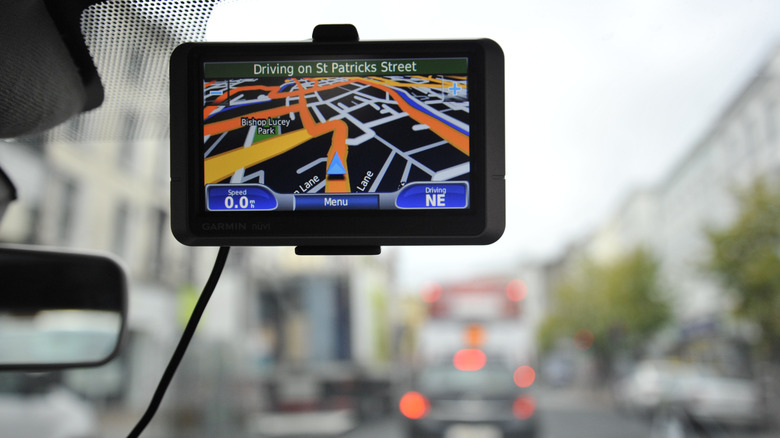If creating a route for an upcoming road trip seems too much work, let Artificial Intelligence (AI) do the travel planning for you instead. As AI has the ability to analyze large amounts of data in seconds, it could save you hours of research. It can also help you avoid tourist traps so that you discover off-the-beaten-track gems without the crowds. In fact, there is such a demand for road trip planning that there are now dedicated AI bots that can help you do just that.
Some of the best AI travel planners available for free are Roam Around, iPlan.ai, Tripnotes, Curiosio, and Genius Trip. To support the work of the AI software and enhance your traveling experience, you might want to manually scour travel booking platforms like Expedia, Kayak, and Airbnb to find the cheapest deals. These sites have price comparison tools and built-in search functionality to help you gain insight into your route and craft a road trip that complements your traveling style and preferences. Whether you’re a foodie, on a budget, or want to do as much sightseeing as possible, there is an AI bot that can help you build the road trip of your dreams.
How AI can help you have a good trip

The beauty of AI is that it can use reviews and ratings to suggest some of the best places to visit along your route. To help this technology generate a personalized trip, it’s vital to set the parameters of your needs and those of your passengers. Tell the planner your food preferences, how often you want to stop, your vehicle type, the attractions you’re interested in, and what accommodation style will suit you the best. But if you’re feeling adventurous, you can take a chance and allow the AI to guide you. For instance, on Roam Around, you can enter a destination, say Paris, and the software will dispense an itinerary spanning delightful attractions and hidden charms. Of course, you can modify the output to reel things in.
For those who want to plan a trip in an electronic vehicle, AI tools can help you plot out charging points that are compatible with your model along your route. They can also suggest places to eat or visit while your car is restored to full battery. AI isn’t just useful for the planning phase either, as it can be utilized while on the road. If you use an AI-powered map app to navigate, it can suggest real-time updates in case of traffic jams or road closures, which can help you avoid them. That isn’t to say that AI is without flaws; there are a few things to consider while using it.
Things to be aware of with AI trip planning

AI is imperfect, so it is important to manually review the output before committing to the generated itinerary. Some language models may pull in out-of-date information; therefore, they might suggest a place that has closed down or moved. National Geographic warns that AI can “hallucinate” as it becomes confused when it doesn’t have enough information to go on. This is especially true about remote areas as it will still attempt to produce an answer even if it is inaccurate.
This is why refining your itinerary by scanning the route before committing to it is crucial. Check if the information lines up with what the businesses or attractions say themselves so that you can add or remove stops based on the most up-to-date reviews, opening times, and locations that you can find. One tip is to check the establishment’s social media pages, which are often updated more frequently than a business website. After you’ve completed these steps, have a final review, and once you’re happy, all you need to do is pack your car, and you’re ready to go.

